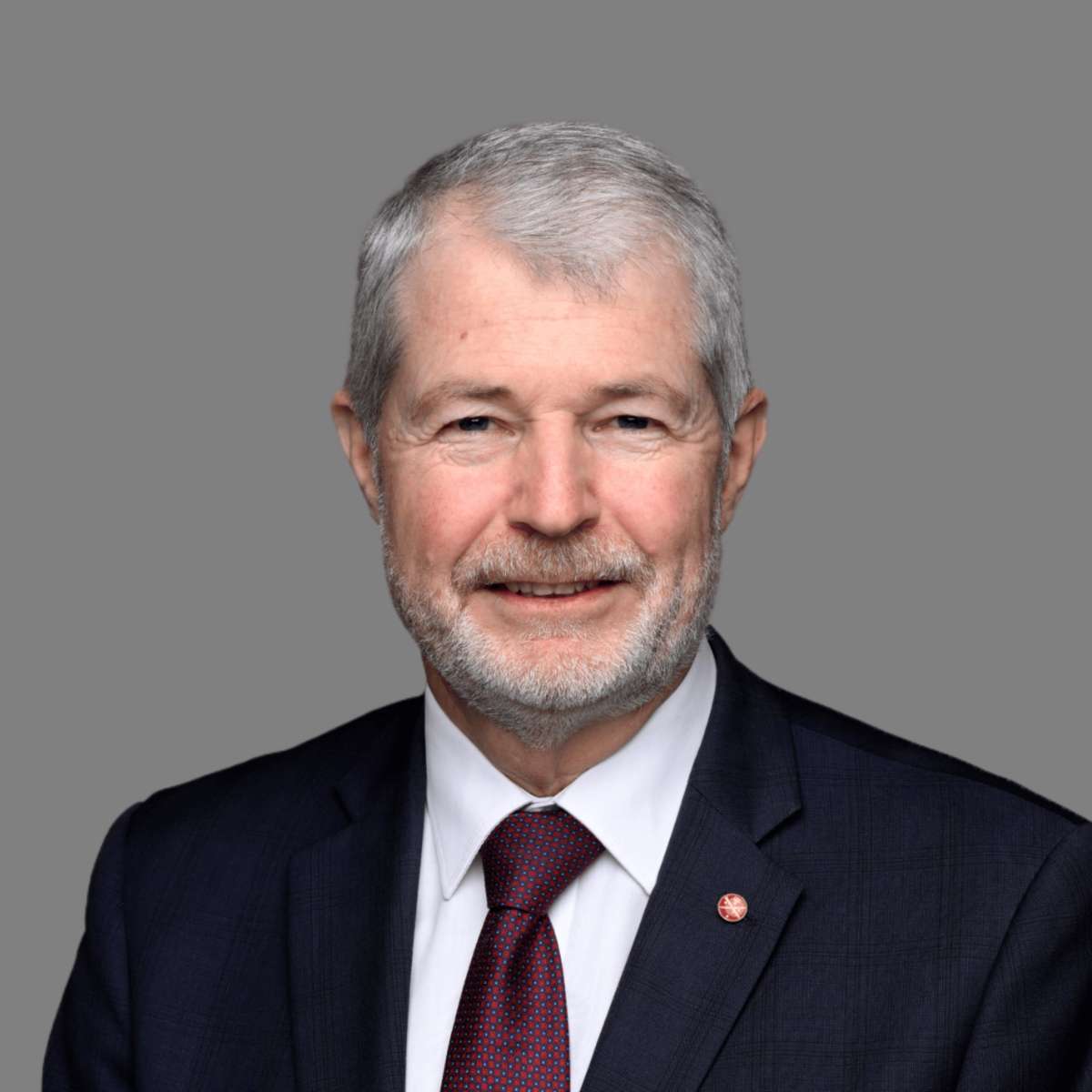Fawcett explained that the motion aims to uphold the current regional order …reports Asian Lite News
Australian Senator David Fawcett recently defended a motion he co-led that criticizes China’s attempts to assert sovereignty over Taiwan, Nikkei Asia reported.
Fawcett explained that the motion aims to uphold the current regional order and counter any potential unilateral actions by China to forcibly take over Taiwan, according to Japan-based Nikkei Asia report.
“Allowing a nation to disregard others simply because of its economic or military strength will ultimately have negative consequences for everyone,” Fawcett told Nikkei Asia.
The motion, passed last week, asserts that United Nations Resolution 2758 “does not establish the People’s Republic of China’s sovereignty over Taiwan and does not determine Taiwan’s future status in the United Nations.”
Australia is the first country to pass such a motion concerning Resolution 2758, Nikkei Asia reported. Taiwan, a self-governing democracy, is claimed by China, which has used the 1971 Resolution to restrict Taiwan’s international presence and involvement with the United Nations and its affiliated bodies, such as the World Health Organization.
Although Resolution 2758 acknowledges the People’s Republic of China as “the only legitimate representative of China to the United Nations,” the Australian Senate clarified that it neither grants Chinese sovereignty over Taiwan nor dictates Taiwan’s participation in international organizations, Nikkei Asia reported.
Despite speculation that the motion might provoke a reaction from Beijing, there has been no public condemnation from Chinese state media or the Chinese embassy in Australia. Senator David Fawcett’s action comes amid rising tensions between China and Taiwan.
Recently, Taiwan issued a travel advisory urging its citizens to avoid trips to China, Hong Kong, and Macao due to Beijing’s threats against those who support Taiwan’s independence, Central News Agency (CNA) reported.
Liang Wen-chieh, a spokesperson for Taiwan’s Mainland Affairs Council, issued the warning in response to heightened tensions with China. Beijing regards Taiwan as part of its territory and has refused to engage with Taiwan’s government since President Tsai Ing-wen took office in 2016, CNA reported.
The advisory aimed to alert Taiwanese travellers regarding the risks posed by China’s new regulations targeting independence supporters. While travel was not prohibited, citizens were advised to avoid expressing political views or participating in activities that could lead to detention or prosecution by Chinese authorities, according to Central News Agency report.
Previously, Taiwan condemned Beijing’s threats of severe penalties, including the death penalty, for those advocating Taiwan’s independence. Beijing’s notice stated that leaders of independence efforts causing significant harm to the state could face the death penalty, while other prominent advocates might receive prison sentences ranging from 10 years to life.
Taipei had rejected these new Chinese guidelines, asserting that Beijing had no legal authority over Taiwan and dismissing the regulations as non-binding on Taiwanese citizens. (ANI)
ALSO READ: EU ‘appalled’ by Taliban’s new morality law














